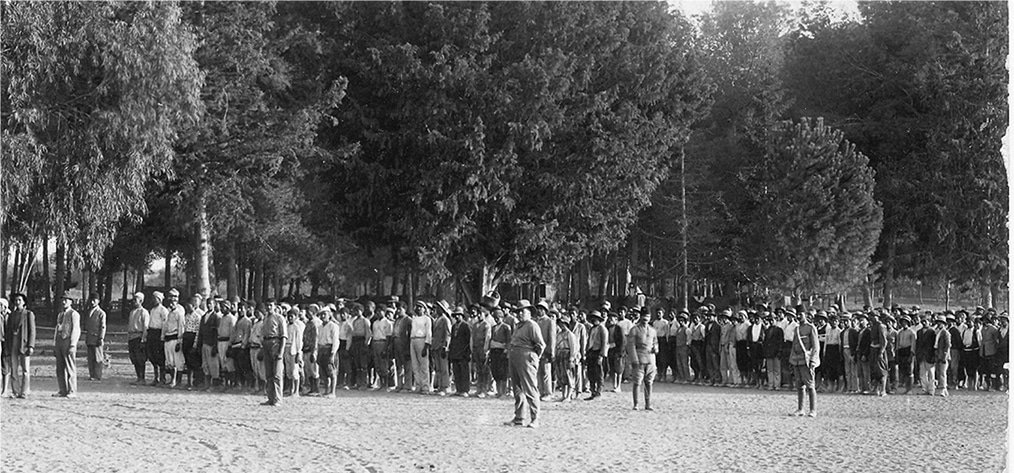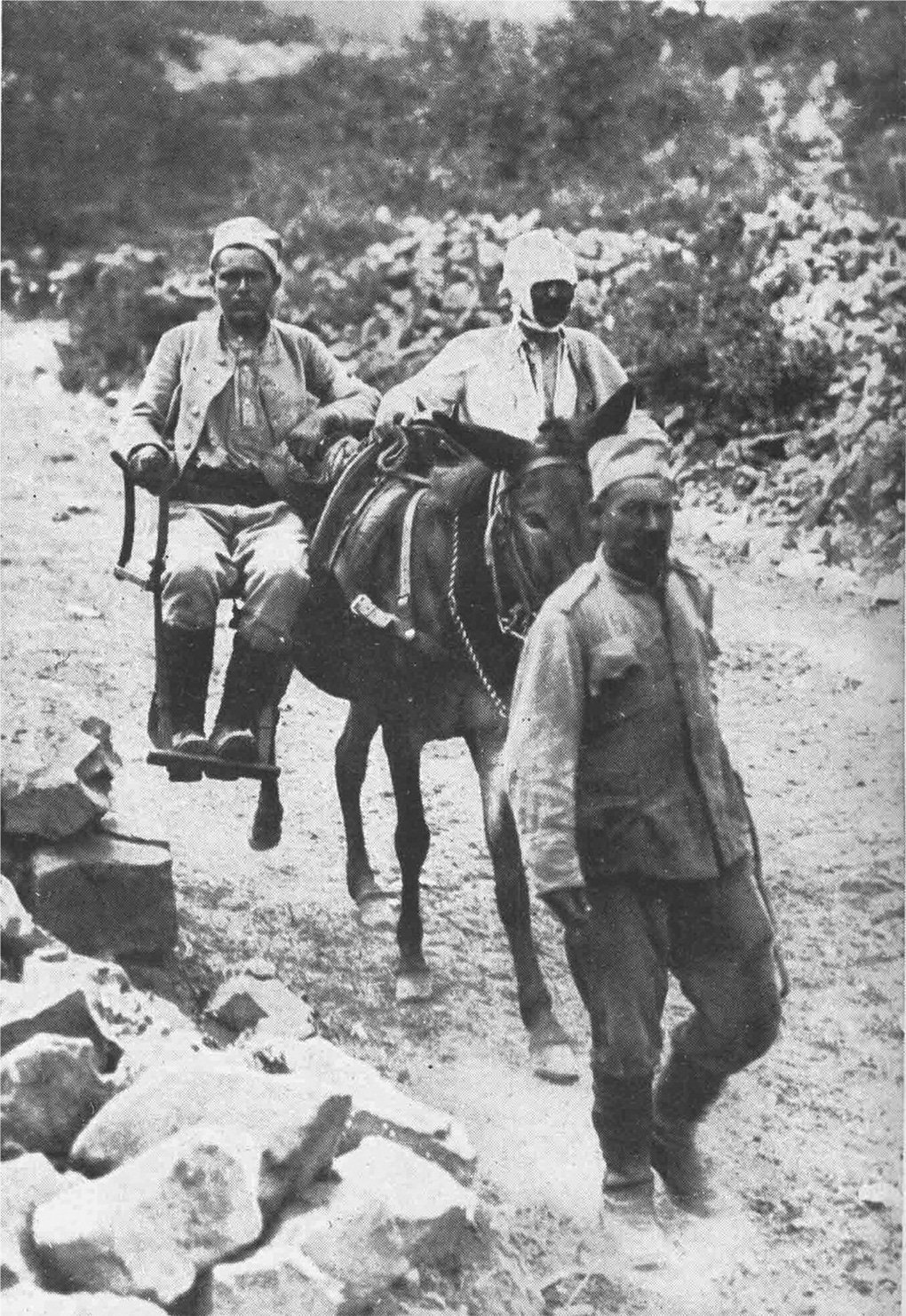By Annette Chrysostomou
A new book looks at a largely forgotten aspect of Cyprus’ history, how its sturdy mules and their riders played a serious role in during World War I.
‘Serving the Empire in the Great War: The Cypriot Mule Corps, Imperial Loyalty and Silenced Memory’ by Andrekos Varnava is a wide-ranging look at the two-year existence of the mule corps, from the mules to muleteers during and after the war to why these events have been forgotten.
There is much that is surprising about the book, firstly that there was a Cypriot mule corps in the first World War at all, secondly the sheer size of it.
According to the author, around 25 per cent of the male population of military age, or more than 12,200 men aged 18 to 35, were recruited as muleteers by the British between 1916 and 1918.
Varnava provides various reasons why the existence of the corps – affecting so many thousands of Cypriots at the time – has become an obscure part of Cypriot and British colonial history.
One of them is that the enlisted men were mainly peasants and farmers, most of whom were illiterate at the time, and those who could read and write were more intent on survival after the war than on writing down an account of their muleteer days.
Varnava’s other explanations are rooted in the history and politics of Cyprus. Turkish Cypriot Muslims and Greek Cypriot Christian Orthodox men were both recruited and got on well, which did not fit what later politicians would like to be the history. As the author put it ”it would have been hard to explain it with the struggles for enosis (union) and taksim (partition) and the violence that gripped the island in the 1950s, 1960s and 1970s.”
Varnava also explains why so many men volunteered for a war from which as Cypriots they could have stayed away.

The book also explains exactly why there were so many Cypriots without jobs at the time, why the British recruited Cypriots for what was actually known as the Macedonia mule corps, and how both mules and muleteers were treated by the colonial power.
The well-researched book explores both the pull and push factors. The British introduced legislation which made it impossible for the young men to emigrate at a time when unemployment was rife, while offering a tempting salary, plus, they ordered the population to sell their mules, all of which together did the trick.
This was not supposed to be a military job, far from the front, and according to the British “a way to see the world.” In reality, however, it involved hauling supplies to the front and returning with dead or wounded soldiers in rough terrain, usually during the night.
Serving the Empire in the Great War: The Cypriot Mule Corps, Imperial Loyalty and Silenced Memory’ by Andrekos Varnava, 272pp., Manchester University Press, 2017, ISBN 978-1-5261-03673, GBP75.00
Andreas Varnava is Associate Professor in Imperial and Military History at Flinders University in Australia.

Of Mules and Men
In the darkness of the freezing night,
They drove their mules with no light,
To the sounds of bombs and gunfire,
All in the service of this, our old Empire.
– A stanza from Andrekos Varnava’s poem, 2015


